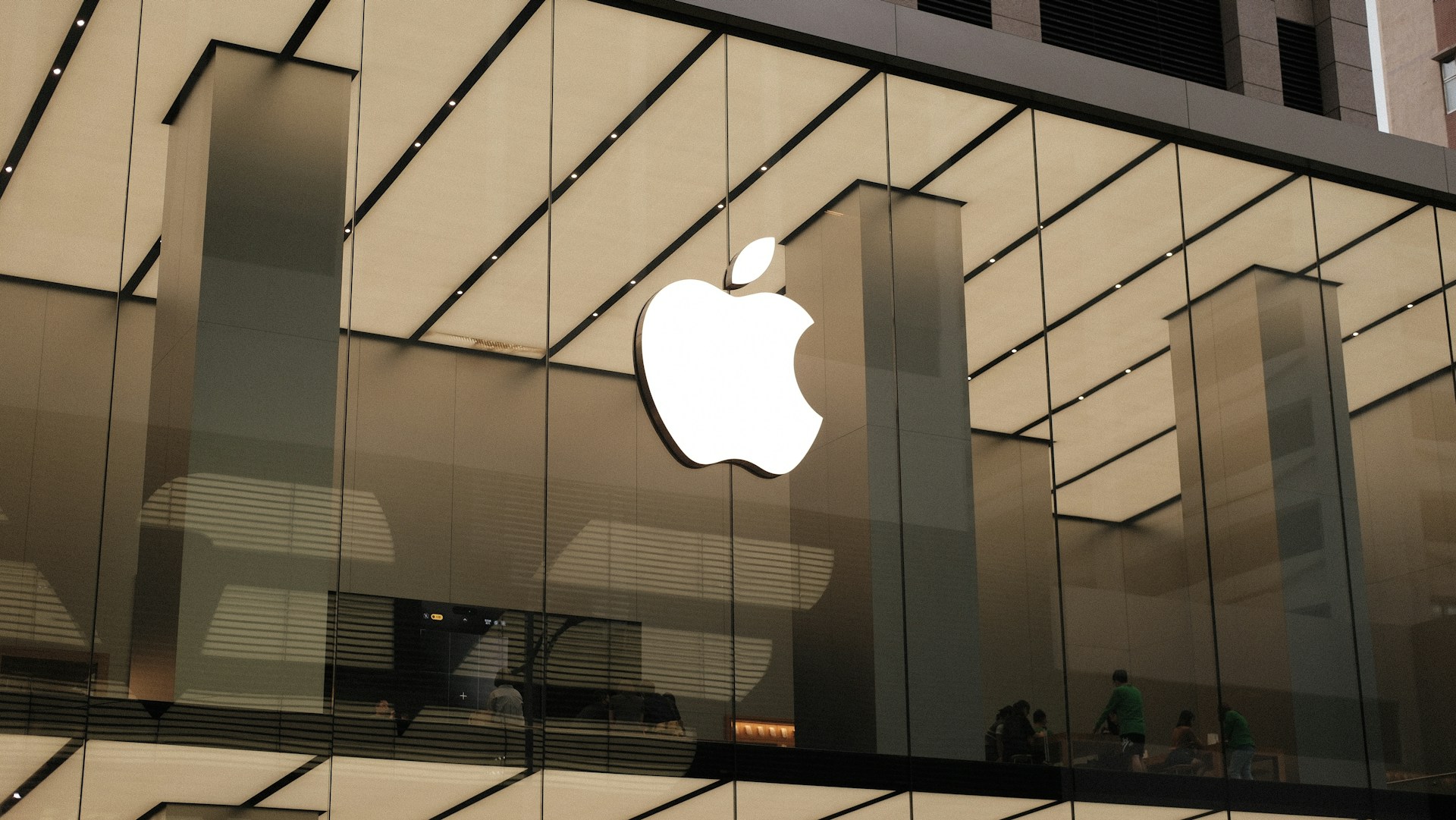The European Union is re-examining its regulatory strategies in the tech sector, with Apple emerging as a central focus of its current probes. The European Commission (EC), tasked with enforcing competition laws, is reviewing its ongoing investigations into Apple’s business practices, particularly in relation to antitrust concerns and compliance with new digital regulations.
One of the primary areas under scrutiny involves Apple’s App Store policies, which have long been criticised for imposing restrictive terms and high commission fees on developers. Regulators argue that these practices may stifle competition and limit innovation, with smaller app developers disproportionately affected. Apple’s policies have also drawn the ire of companies like Spotify and Epic Games, fuelling broader industry debates about fairness in the digital marketplace.
The EU’s reassessment comes at a time when its landmark Digital Markets Act (DMA) has come into effect. The legislation is designed to curb monopolistic behaviour by large tech firms, or “gatekeepers,” by imposing stricter operational requirements. Apple, classified as a gatekeeper under the DMA, faces enhanced obligations to ensure fair competition. These include granting third-party developers greater access to its platform and providing transparency in its app review processes.
A parallel investigation targets Apple’s near-field communication (NFC) technology, which powers Apple Pay. Critics allege that Apple restricts third-party access to its NFC chip, limiting competition in the mobile payments space. Regulators are probing whether these limitations violate EU competition laws by unfairly privileging Apple’s payment system.
The outcome of these investigations could have far-reaching implications for Apple and other major tech companies operating in Europe. The EC’s renewed focus signals a determination to enforce regulatory frameworks aimed at fostering competition and protecting consumer rights. Apple, for its part, has defended its practices, arguing that its policies prioritise user security and deliver value to developers and customers alike.
As regulatory pressure mounts, the EU’s evolving approach to overseeing Big Tech will likely set the tone for global antitrust enforcement and shape the future of digital markets. The stakes remain high for Apple, with potential fines and operational changes looming if the probes confirm anti-competitive practices.


